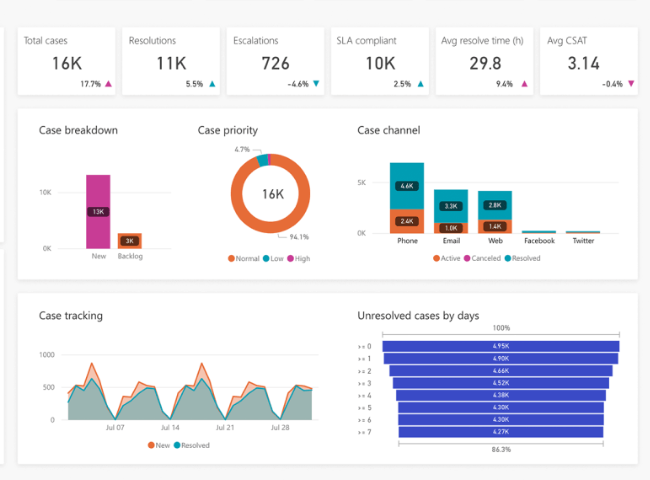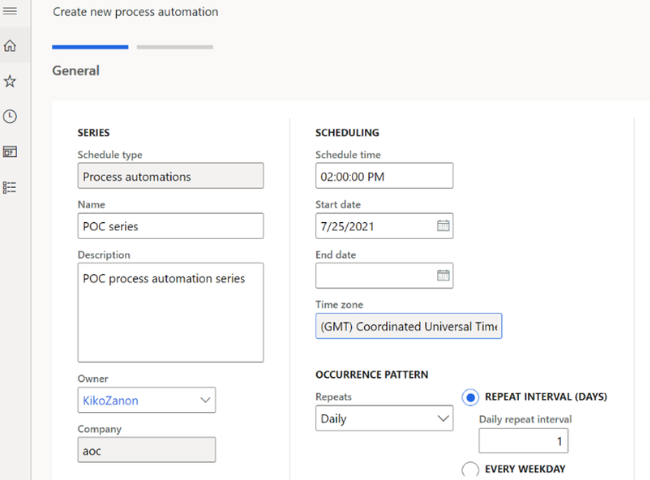Manufacturing operations with Microsoft Dynamics 365 unified platform.
Intelligent, insight-driven, and sustainable – a new era for manufacturing in a rapidly evolving market landscape.
The new era of manufacturing is here. Whether your organisation is focused on discrete or process manufacturing, manufacturers must rapidly adapt in response to changing market demands and technological innovation – while balancing efficient and sustainable operations.
Streamlined Production Processes
Effective Supply Chain Management
Quality Control and Compliance
Warehousing
Resource Optimisation
Data-Driven Decision Making
Customer-Centric Approach
Agile Adaptation to Market Changes
Capabilities and Benefits

Adaptive Innovation

Data-Driven Insights

Enhanced Customer Engagement

Process Automation

Scalability and Flexibility

Unified Platform
Microsoft Dynamics 365 addresses various challenges in the Manufacturing industry
Complex Supply Chains
Production Inefficiencies
Quality Control and Compliance
Lack of Data-Driven Insights
Customer Demands and Customisation
Maintenance and Downtime
Communication and Collaboration
Legacy Systems and Integration Challenges
Regulatory Changes and Compliance
CAPTION PLACEHOLDER
Related Insights & Articles
Lazkam’s Strategic Move: Adopting LS Central to Optimise Operations
Why LS Central Built on the globally-trusted Microsoft Dynamics 365 Business Central platform, LS Central…
ControlGear Instramac: From Great Plains to Next-Gen Dynamics 365 Business Central
To migrate from Great Plains to Dynamics 365 Business Central while smoothly integrating customisations and…
Deeply rooted in partnerships, expertise and the best solutions
By now, businesses in all sectors understand that digital transformation is a necessity and no…
Old Mutual Africa’s Finance Transformation with Microsoft Dynamics 365
Transforming Finance and Operations at Scale: Old Mutual Africa’s Success Story with Braintree and Microsoft…
Streamlining Business Operations and Growth For Frontier Co with LS Central
The Challenge FrontierCo found itself researching new methods of attaining their business goals and potential.…
Braintree Partners With Rolux To Take Lawn Care and Customer Service To The Cloud
The Challenge Tracy Williams “We found that customers were buying products and spares out of…
Braintree: Certified LS Retail Diamond Partner 2024
Braintree Qualifies as LS Retail Diamond Partner for 2024 Leading IT solutions provider and trusted…
Eduvos simplifies student enrolment experience from 90 days to instant with Microsoft and Dynamics 365
Download The Success Story Eduvos identified a critical obstacle impeding their operational efficiency: the lack…

















